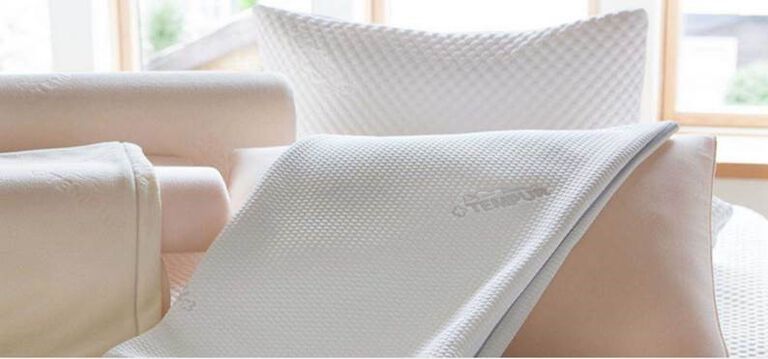HOW TO SLEEP WELL WITH ALLERGIES

As spring approaches, allergies are on the rise once more and, with allergy symptoms often heightened before dawn, getting a good night’s rest can often be a big problem for people with allergies.
Whether its pollen from the garden or a dusty room is making you sneeze, a runny nose, nonstop sneezing and itchy eyes can keep you up all night.
TEMPUR takes a look into combating allergies both during the day and at night so you can get your snooze on!
HOW ALLERGIES CAN SPOIL A GOOD NIGHT’S SLEEP
No matter the type of allergy, it’s likely to disrupt your sleep. The two biggest allergies that can cause poor sleep are asthma and nasal allergies.
Nasal allergies include seasonal allergic rhinitis, more commonly known as hay fever or perennial allergic rhinitis, which lasts all year.
When you have a nasal allergy, the tissues inside your nose swell and block your breathing at night.
Nasal allergy symptoms that interfere with sleep include:
- Snoring
- Headache
- A dry or sore throat from breathing through the mouth
- Sleep Apnea (Periods of interrupted sleep)
Asthma symptoms that interfere with sleep include:
- Coughing
- Wheezing
- Heartburn
ESTABLISH AN ALLERGY-FREE SLEEPING ENVIRONMENT
To help combat this, with a little effort, you can turn your bedroom into an allergen-free zone
Firstly, you need to identify what is triggering your allergies and avoid them. Dust mites, pollen and pet dander are common triggers.
Pillows should be changed every 18 months. Within two years of use, one-third of a pillow’s weight comprises of dirt, oil, dead skin and dust mites.
Certain pillows can help prevent sneezing and stiffness. Memory foam pillows are recommended for sufferers of asthma and allergies.
You also need to ensure that you’re sleeping on the right mattress for your body type, as this helps ease many health problems like allergies. The covers also meets Oeko-Tex® 100 standard. It has been tested for harmful substances and poses no risk to health
If your cat or dog shares your bedroom or bed with you, it may be time you found them a new place to sleep, as their dander can also enhance allergies.
Also, check your heating and cooling system, and ensure that ducts are clean and proper air filtration is in place.
Additionally, you should vacuum carpets and clean around your home on a weekly basis.
TREATING ALLERGIES FOR BETTER SLEEP
Medications may be required to treat allergies, however, avoid self-medicating sprays or sleep aids without consulting your doctor first.
In many cases, taking allergy medications at night can be a good idea, as symptoms can often peak at around 4am.
Other suggestions to consider include:
- Taking a shower before bed to wash away any pollen on your body
- Keeping your bedroom dark and quiet
- If you have been outdoors, leave your clothes in a separate room
- Avoid caffeine, alcohol and smoking near bedtime
While there is no guaranteed way to rid yourself of allergy symptoms, following these steps should give you the best chance possible of getting a great night’s sleep.




